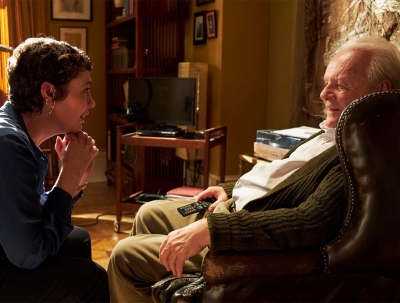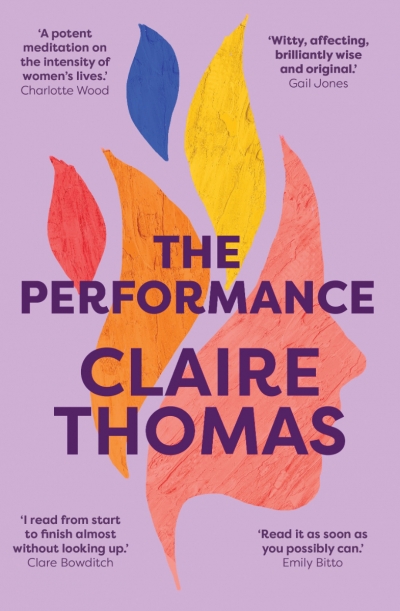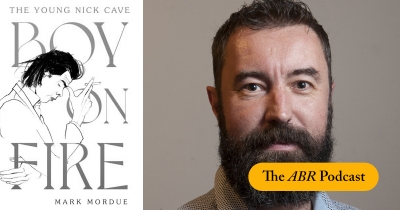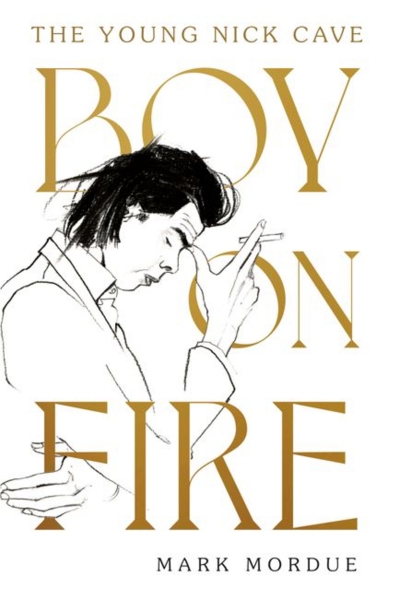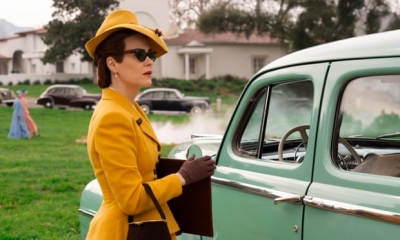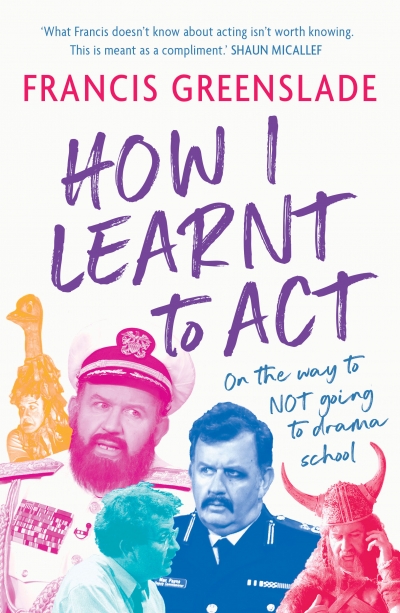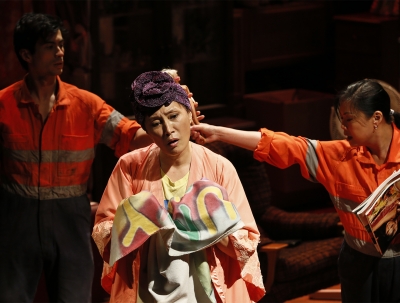Accessibility Tools
- Content scaling 100%
- Font size 100%
- Line height 100%
- Letter spacing 100%
Tim Byrne
The ABR Podcast
Released every Thursday, the ABR podcast features our finest reviews, poetry, fiction, interviews, and commentary.
Subscribe via iTunes, Stitcher, Google, or Spotify, or search for ‘The ABR Podcast’ on your favourite podcast app.
The red thread: Xi Jinping’s ideology of power
by Neil Thomas
This week on The ABR Podcast, Neil Thomas reviews On Xi Jinping: How Xi’s Marxist Nationalism is shaping China and the world by Kevin Rudd. Thomas explains that even China watchers find it hard to be clear on the thoughts and plans of the leader of the Chinese Communist Party. They disagree, he tells us, on basic, critical questions, such as for how long Xi will rule. ‘Enter Kevin Rudd’, Thomas writes. ‘In his latest book, former prime minister Kevin Rudd adds a worthy new chapter to his life of public service, digesting thousands of pages of “Xi Jinping Thought” so that you do not have to’. Neil Thomas is a Fellow on Chinese Politics at Asia Society Policy Institute’s Center for China Analysis in Washington DC. Here is Neil Thomas with 'The red thread: Xi Jinping's ideology of power' by Neil Thomas, published in the December issue of ABR.
Recent episodes:
Over the past year the pandemic has devastated the performing arts in Australia. Theatre especially has been adversely impacted. In today’s episode, theatre critic and ABR regular Tim Byrne looks at how theatre organisations are coping now that venues are beginning to reopen. He interviews a range of artistic directors spanning Melbourne Theatre Company’s departing Brett Sheehy, Queensland Theatre Lee Lewis, Malthouse Theatre’s Matthew Lutton, and many more.
... (read more)So much critical discussion of films adapted from plays centres on the notion of the ‘opening out’ of the action and on the ways in which the director and screenwriter have disguised the work’s theatrical origins, the implication being that this is always desirable or appropriate. Mike Nichols, with his extraordinary adaptation of Edward Albee’s Who’s Afraid of Virginia Woolf? (1966), understood that some works demand a restricted, claustrophobic setting; that film can indeed feed off the physical limitations that define the stage. With this principle squarely in mind, French playwright Florian Zeller has, along with English screenwriter Christopher Hampton, adapted for the screen his own play La Père (2012). A finer example of the process of translation is hard to conceive.
... (read more)James Shapiro, in his brilliant book 1606: William Shakespeare and the year of Lear (2015), notes the general reluctance of the Elizabethan theatre to deal directly with the subject of plague, despite its pressing relevance to audiences of the day. He asks if this is ‘because it was bad for business to remind playgoers packed into theatres of the risks of transmitting disease or because a traumatised culture simply couldn’t deal with it?’ As our own theatre begins to emerge from pandemic, those twin concerns of risk and trauma loom large over the collective consciousness. Outbreaks that explode like spot fires around the country have sapped our confidence, and the gap between our desire to participate in live performance and our fear of community transmission still seems insurmountable.
... (read more)In today's episode of the ABR Podcast Tim Byrne discusses his review of Mark Mordue's new biography of Nick Cave with ABR Digital Editor Jack Callil.
Tim Byrne’s review of Boy on Fire appears in the January-February issue.
... (read more)How, precisely, does a character unmoor itself from its source material? And how concerned should we be to track its progress – or should that be retrace its steps? These questions bugged me as I admittedly devoured Ryan Murphy’s new Netflix series, Ratched. Ostensibly a prequel, it re-contextualises and re-packages the unforgettable villain Nurse Ratched from Ken Kesey’s novel One Flew Over the Cuckoo’s Nest (1962) for entirely different aims, so much so that the original feels hopelessly far away. In fact, there’s little evidence of Kesey at all.
... (read more)Take Me to the World: A Sondheim 90th Birthday Celebration
Late into Take Me to the World, the live-streamed isolation concert to celebrate Stephen Sondheim’s ninetieth birthday, Nathan Lane quips that the composer has ‘been so under-appreciated all these years. I can’t believe there’s never been a tribute to this unsung musical genius.’ It’s a delicious routine, because every fan of the indisputable master of the American musical knows just how many Sondheim tributes are extant, and how unlikely it is that this will be the last. For a while it seemed as though this one might just slot in with the others, a standard – if, given the format, unorthodox – collection of musical performances showcasing Sondheim’s particular talents.
... (read more)How I Learnt to Act: On the way to not going to drama school by Francis Greenslade
When attempting to cajole a compulsive hoarder into cleaning up, it’s advisable to start with the things are worth worth keeping, but it shouldn’t distract us from taking out the trash. Ubiquitous television and print personality Benjamin Law’s first foray into playwriting, Torch the Place, is one of four new works appearing in NEXT STAGE Originals, Melbourne Theatre Company’s new commissioning endeavour, the only one that doesn’t come from an established playwright. While there are several things to like in this début, there are a number that should be consigned to the skip.
... (read more)


